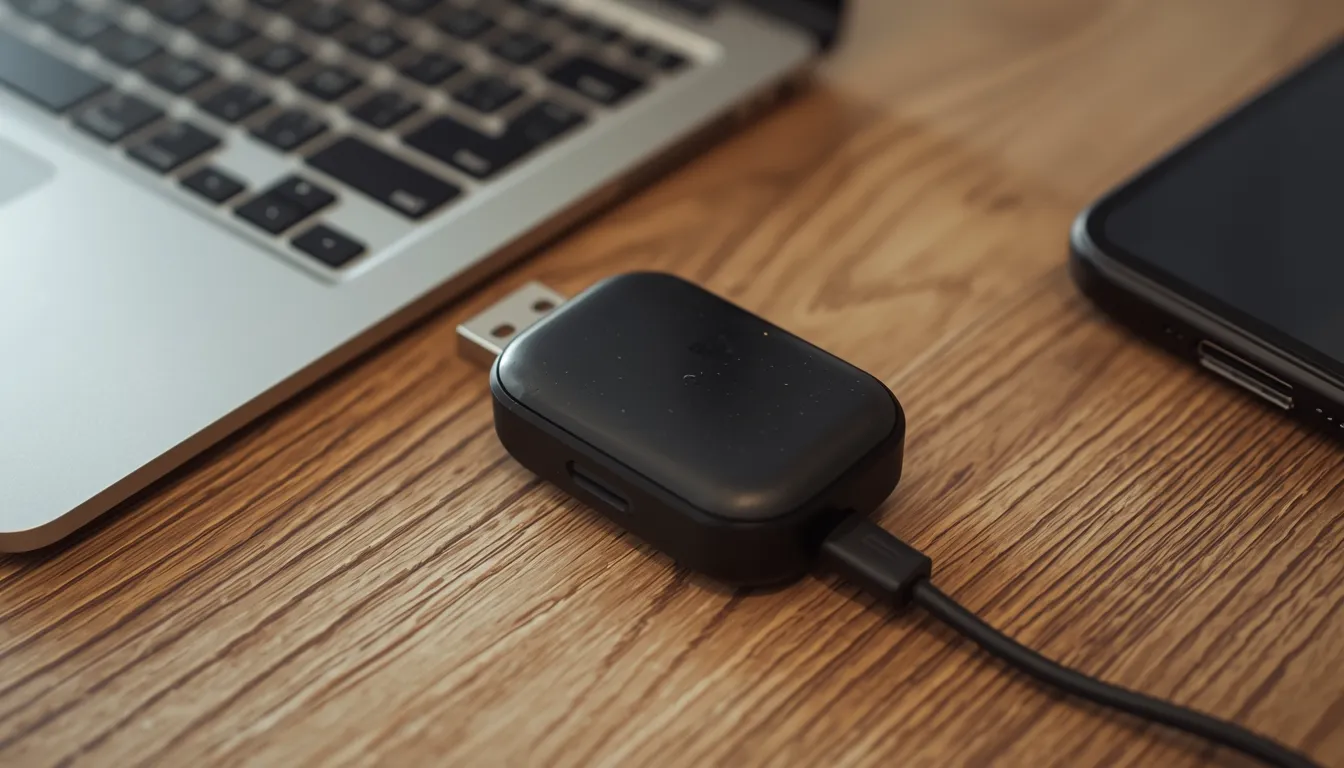Facebook groups have become a powerful space for people who share the same interests. Whether it’s gardening, book collecting, baking, gaming, or photography, online communities help hobby lovers connect, learn, and grow together. The challenge is not just starting a group but learning how to build an engaged Facebook group for niche hobbies that feels alive, fun, and valuable.
This guide breaks down simple steps anyone can follow to create, grow, and maintain a thriving group around unique hobbies.
Why Facebook Groups Are Perfect for Niche Hobbies
Facebook groups are different from regular social media pages. They are built for conversations, sharing, and creating bonds. For niche hobbies, groups work well because:
-
People feel safe sharing their passion.
-
Members can ask questions and get real answers.
-
The group acts as a small online family.
-
Content reaches members directly (unlike pages where reach is limited).
An engaged group creates trust and keeps people coming back daily.
Step 1: Define the Purpose of the Group
Before creating a group, clarity is important. Ask:
-
What hobby or niche does the group focus on?
-
Who should join the group?
-
What will members gain by being part of it?
A clear purpose helps attract the right people. For example, instead of Cooking Lovers, a better title would be Quick and Healthy Recipes for Busy Parents. This shows focus and creates instant interest.
Read also: Pros And Cons Of Social Media For Students
Step 2: Choose a Catchy and Clear Group Name
The group name is the first thing people see. It should:
- Be easy to understand.
- Use keywords related to the hobby.
- Show the benefit of joining.
Example: Instead of Readers Hub, use Thriller & Mystery Book Club – Discussions & Reviews.
This improves search visibility and attracts serious members.
Step 3: Set Up Group Rules and Guidelines
A healthy group needs rules. Without them, spam and irrelevant posts can take over. Rules should:
- Encourage respect and kindness.
- Ban spam and self-promotion.
- Focus on content related to the hobby.
- Make members feel safe to share.
Pinning rules at the top ensures new members understand expectations.
Step 4: Share Quality and Helpful Content
Content is the heart of engagement. To make the group active:
- Post questions to start conversations.
- Share how-to guides and tutorials.
- Upload videos, photos, or tips.
- Encourage polls to get opinions.
- Celebrate member milestones.
The more useful the content, the more people will respond.
Step 5: Encourage Member Interaction
The key to how to build an engaged Facebook group for niche hobbies is making members feel valued. Some ways include:
- Replying to comments quickly.
- Asking members to share their experiences.
- Highlighting Member of the Week.
- Creating challenges or mini contests.
When members see their contributions matter, they stay active.
Step 6: Use Facebook Features to Boost Engagement
Facebook provides tools that group admins can use to keep the community alive. These include:
- Polls – Great for getting quick opinions.
- Events – Perfect for online meetups or tutorials.
- Guides – Help organize learning resources.
- Live sessions – Allow real-time interaction.
Using these features makes the group interactive and exciting.
Step 7: Promote the Group in the Right Places
A group will only grow if people know about it. Promotion ideas include:
- Sharing the group link on related hobby pages.
- Adding the group link to blog posts or YouTube channels.
- Inviting friends who share the same interest.
- Partnering with influencers in the niche.
Promotion should focus on attracting the right members, not just anyone.
Step 8: Keep the Group Active Consistently
Consistency is key. A group with no activity soon dies. Admins can keep things active by:
- Posting at least 3-5 times a week.
- Scheduling posts in advance.
- Starting weekly themes (e.g., “Monday Tips,” “Friday Fun Poll”).
- Encouraging members to post daily updates.
A consistent routine gives members a reason to return.
Step 9: Build Trust and Authority in the Group
Members are more likely to engage when they trust the group leader. To build authority:
- Share expert tips backed by research.
- Invite guest speakers for live sessions.
- Post real experiences and case studies.
- Always provide accurate, trustworthy information.
This creates credibility and keeps the group respected.
Step 10: Measure and Improve Engagement
Growth doesn’t happen overnight. Track the group’s performance using:
- Member growth rate.
- Number of active posts, comments, and likes.
- Engagement insights in Facebook Group Analytics.
If engagement drops, refresh the strategy by asking members what they want to see more of.
Expert Tips to Increase Engagement Quickly
- Post at the time when most members are online.
- Use images and short videos more than text.
- Ask open-ended questions (not just yes/no).
- Appreciate and tag active members.
- Share real stories that connect emotionally.
These small actions build a stronger community over time.
Common Mistakes to Avoid
- Allowing spam posts.
- Ignoring member comments.
- Posting only promotional content.
- Not being consistent.
- Failing to listen to member feedback.
Avoiding these mistakes makes the group healthier and more engaging.
Final Thoughts
Learning how to build an engaged Facebook group for niche hobbies is about creating a safe, fun, and informative space where members feel connected. By defining a clear purpose, posting valuable content, encouraging interaction, and staying consistent, any hobby group can turn into a thriving online community.
Engagement is not about numbers—it’s about connections. A small, active group is always more powerful than a large but silent one.
FAQs on How to Build an Engaged Facebook Group for Niche Hobbies
Q1. How often should content be posted in a Facebook group?
Posting 3-5 times a week is ideal. Consistency keeps members engaged without overwhelming them.
Q2. What type of content works best in hobby-based groups?
Photos, videos, tutorials, polls, and personal stories usually get the most engagement.
Q3. How can spam be reduced in Facebook groups?
Setting clear rules, using moderation tools, and approving posts before they go live helps keep the group clean.
Q4. Can Facebook groups really grow niche hobbies?
Yes. Groups bring together passionate people who motivate each other, share resources, and even help the hobby grow offline.
Q5. How long does it take to build an engaged group?
It depends on the effort. With consistent posting and active moderation, a group can become lively within 3-6 months.










